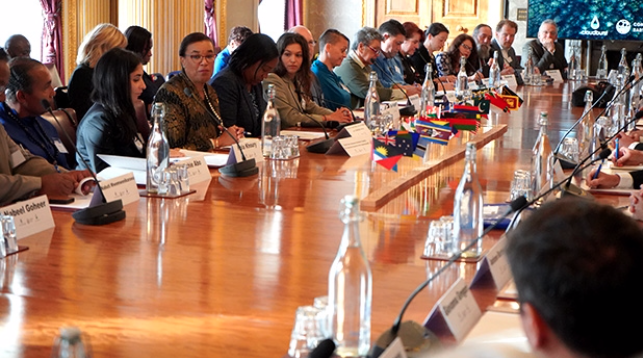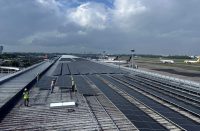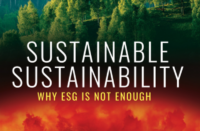
The Commonwealth, a group of fifty-three countries from Africa, Asia, the Americas, Europe and the Pacific, launched Common Earth, a regenerative climate change model that incorporates the wisdom of indigenous groups with emerging innovations, technologies and scientific approaches. The programme will create a network of projects that could be replicated and adapted to any community, country or region.
Government officials, environmentalists, scientists, economists, and representatives from indigenous groups from around the Commonwealth met at its headquarters in London on 7 October 2019 to discuss how they can achieve sustainable development whilst protecting the planet.
When we talk about regenerative economies we are looking at cycles of growth transformation, we are looking for ways to bring ecological systems back into full health and blossoming, and figuring out how our economies can meet all our needs, while nature flourishes. So as we think about climate change the health of living systems is critically important. The way we use our land, grow our food and design our cities and transportation systems can reduce carbon emissions rapidly and efficiently.
Economist Stuart Cowan
Five working groups will work on the Common Earth project :
- Commonwealth Small State, Climate Change Blue-Green Trade Working Group
- Gender and Climate Change Working Group
- Indigenous Affairs Working Group
- Waters Prosperity Working Group
- Regenerative Finance Working Group
Nichie Abo, a member and former chairman of the Tribal Council for the Kalinago Indians in Dominica, described the conference as important in providing solutions to climate change. He described the Kalinago Global Resilience projects which have created approaches to building infrastructure and farming that can help to protect, preserve and restore natural resources.
All participants have agreed to take coordinated action on regeneration in their regions and to deliver new projects including the Global Common Earth Network.




